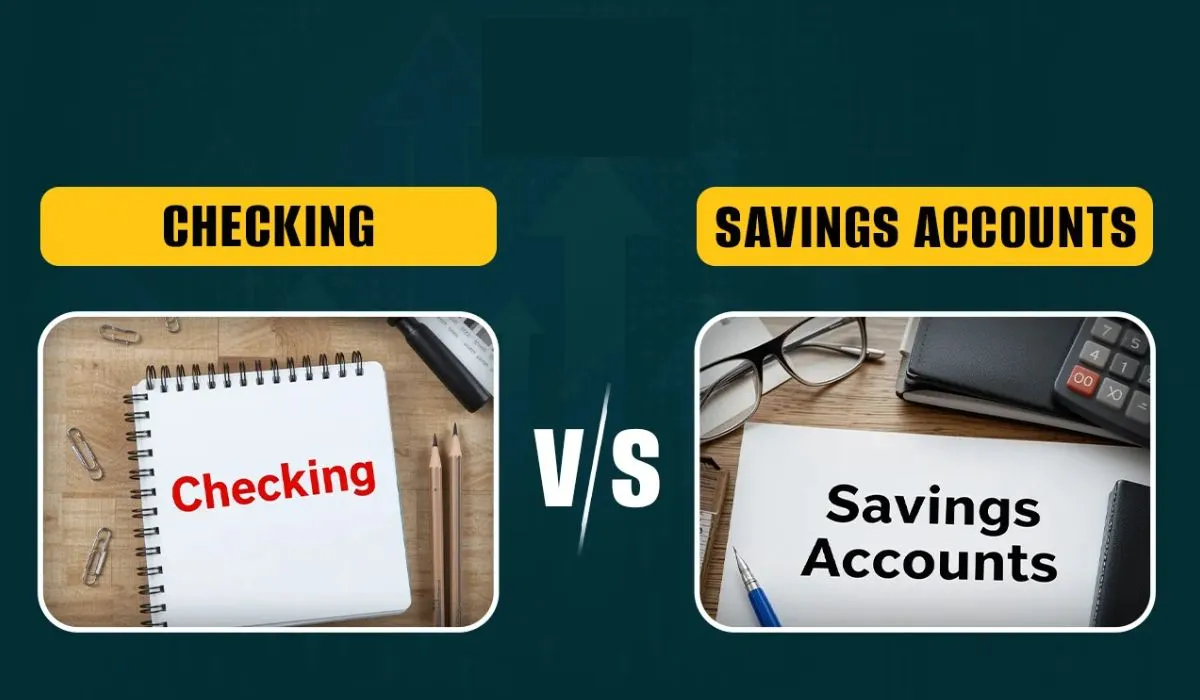A BEAR MARKET RETIREE'S GUIDE

There has been a great deal of pain for investors along the market route. A recent retiree or one who plans to retire within the next year or two may feel the sting especially keenly. Bear markets are neither unusual nor permanent. The number has fluctuated between one and two per decade since 1928. There is no guarantee that they will precede a recession. Their average duration is less than two years. It should be noted, however, that retiring into a bear market may have a detrimental effect on your financial well-being if you are required to withdraw from your portfolio before it has recovered. There are steps you can take to help protect your retirement nest egg if it falls victim to a bear market. Despite what it might seem, retiring in a bear market can actually prove to be an opportunity. You can use these tips to navigate your way through a bear market at the beginning of your retirement.
Consider Investing
No A 20% or more decline in portfolio value is not something anyone would like to experience. However, even for recently retired individuals, these types of market declines can have a silver lining. In reality, the average life expectancy for a 65-year-old retiree is nearly 23 years, according to IRS statistics. It is highly likely that the stock market will recover and go on to reach new highs over that period of time, as it has always done after previous bear markets. The past performance of a company does not necessarily predict what will happen in the future, but recovery is highly likely over a two-decade period. This is a unique opportunity that should be taken advantage of. While the market remains at low levels, recent retirees may be able to take advantage of a bear market drop to reinvest existing funds in the market. Devalued retirement accounts may be used to receive tax refunds, windfall payments, and even pension or Social Security payments that exceed what is needed to live. Upon the occurrence of a bounce, you will earn even more money than if you continued to hold your portfolio at its current level.
Put A Limit On Withdrawals
A mandatory minimum distribution is required after the age of 72 in certain retirement accounts, such as IRAs and 401(k) plans. Nevertheless, if you recently retired and are not yet at that age, nothing prevents you from withdrawing your savings. During a bear market, you should avoid distributions whenever possible since you'll be locking in your losses. The best thing you can do is avoid selling any securities at a big loss just so you can withdraw the funds during this time if you can. Try to limit your withdrawals to the absolute minimum amount necessary if you are 72 or older and require distributions. As the market recovers, you may be able to increase withdrawals to make up for any shortfalls.
The Best Way To Divide Your Short-Term Funds
While the advice to avoid all withdrawals is generally sound, there may be times when you will need to partition your funds and withdraw for your immediate needs. While selling a few shares during a low stock market may be unfortunate, there are times when doing so may be necessary. It is important to take only the amount that you absolutely need to survive. Leaving the bulk of your portfolio intact will allow you to reach your long-term goals once again if the majority recovers over time.
In The Aftermath Of The Bear Market Turning Into A Bull Market, Rebalancing Is Required
Investors in general, and retirees in particular, often underestimate their reaction to risk. If the experience of a bear market at the beginning of your retirement scares you, perhaps it's time to dial down some of the risk in your account. In retirement, you will most likely be able to enjoy two or more decades of growth in your portfolio by maintaining an equity allocation. When markets get antsy, seek the advice of your financial advisor for how to create a balanced portfolio that allows you to sleep at night. It should provide you with growth and income while allowing you to still sleep comfortably at night.
Conclusion
Investing in bear markets is a challenging experience for any investor, but for retirees, it can put their savings at risk. In order to prepare for bear markets in retirement, you should try to manage the risk in your portfolio as time approaches the end of your working career. It is also possible to overcome the crisis by reinvesting, limiting withdrawals, and dividing your funds for short-term needs. Whenever things are bad, avoid making any emotional decisions, since bull markets often follow bear markets.
By Rashmi Goel









